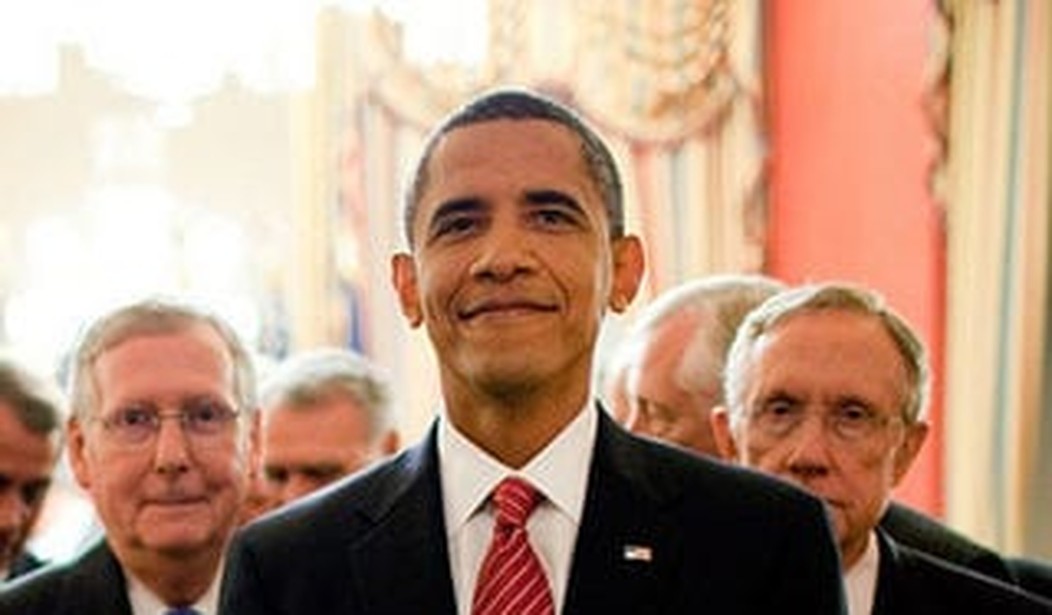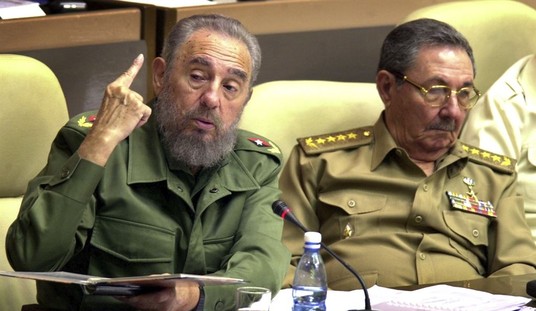WASHINGTON – The House Judiciary Committee debated on Tuesday whether President Obama acted within his purview when he delayed the new healthcare law and changed immigration enforcement.
Republicans have accused Obama of circumventing the nation’s laws by picking and choosing which laws to enforce, and at least one expert told the committee that this could change government as the nation knows it.
From the Affordable Care Act (ACA), to the DREAM Act and more, House Judiciary Committee Chairman Bob Goodlatte (R-Va.) said the Obama administration has repeatedly ignored what Congress has passed, while enacting executive orders and other exercises without congressional approval.
The U.S. Constitution imposes a duty on the president to “take care that the laws be faithfully executed,” commonly known as the “take care” clause. Obama’s past actions to delay or suspend certain portions of laws have left Republicans concerned that the president is not acting constitutionally.
“The Obama administration has ignored the Constitution’s carefully balanced separation of powers and unilaterally granted itself the extra-Constitutional authority to amend the laws and to waive or suspend their enforcement,” Goodlatte said. “The president cannot refuse to enforce a law simply because he dislikes it.”
Goodlatte said the president has made “unlawful modifications” to the ACA by selectively waiving and amending several major provisions of the healthcare law.
The president announced last month that Americans could keep non-qualifying healthcare plans for another year and suspended the ACA’s employer mandate for one year in July.
Rep. John Conyers (D-Mich.) said allowing some flexibility for the implementation of a new program is “neither unusual nor a Constitutional violation.”
He said Obama has used the same discretion that all presidents have used in the past. The only difference, he said, is that Republicans do not like it.
“It is especially interesting that some members who strenuously opposed the ACA and who worked diligently to obstruct its implementation, now complain that the president is unconstitutionally impeding implementation of his signature legislative accomplishment,” Conyers said.
Jonathan Turley, a law professor at the George Washington University, testified that there has been a radical expansion of presidential powers in recent years, beginning with President George W. Bush, and continuing under Obama.
“If a president can unilaterally change the meaning of laws in substantial ways, or refuse to enforce them, it takes offline that very thing that stabilizes our system,” he said.
He told members of the committee that more federal agencies growing increasingly independent could lead to the rise of a “fourth branch” of government, where federal agencies can determine their own jurisdictions.
Turley warned that if a president unilaterally enforces laws, then it will lead others to claim the same authority in the future. This, combined with the rise of more independent federal agencies, could destabilize the delicate balance between the branches of government.
If executive power should continue to expand, then Congress will become “a sad relic of what was once a tripartite system of equal branches,” he said.
“This body is becoming less and less relevant,” he added.
Rep. Sheila Jackson (D-Texas) retorted that if Congress is seen as irrelevant it is because members are wasting time with such hearings, instead of passing legislation.
“If we would simply do our job, the relevance to the American people would exceed our expectation,” she said.
Many Democrats on the panel challenged the legitimacy of the hearing, calling it a “farce” and “pure political theater.”
“Once again we are bloviating and not legislating in this committee,” Rep. Luis Gutierrez (D-Ill.) said.
Simon Lazarus, senior counsel to the Constitutional Accountability Center, defended the president’s actions. He called the employer mandate delay a “routine, temporary course correction.”
“This and other subsequently announced delays…do not constitute refusals to enforce the ACA at all. On the contrary, they are merely phasing in adjustments designed to ensure effective implementation of the overall statute,” he said.
Lazarus said opponents of the administration’s policies have used the take-care clause to conceal what are in reality “political and policy attacks.”
Constitutional law expert Richard Rosenkranz said Obama has stretched the concept of prosecutorial discretion – which grants the executive branch the inherent power to choose which cases to act on – particularly in a decision to stop enforcement against certain types of illegal immigrants.
He said that in the immigration law case, the DREAM Act, the president has chosen to do the exact opposite than with the ACA.
“In the Obamacare context, the president suspended an act of Congress – a statute that was duly passed by both houses of Congress, and which he himself had signed into law. In the immigration context, the situation is the opposite,” he said. “Rather than declining to comply with a duly enacted statute, the President is complying meticulously with a bill that never became a law.”
In 2012, the administration stopped the deportation of thousands of young illegal immigrants under the Deferred Action for Child Arrivals (DACA) program. The program applies to any illegal immigrant aged 16 to 31 who came to the United States as a child, has either graduated from high school or is currently enrolled in school, and does not have a criminal record.
Many supporters of immigration reform have called on Obama to expand deferred deportations to all 11 million illegal immigrants in the country. The president recently denied he has the power to stop all deportations unilaterally.
“If, in fact, I could solve all these problems without passing laws in Congress, then I would do so,” Obama told a heckler in San Francisco last week. “But we’re also a nation of laws. …And so the easy way out is to try to yell and pretend like I can do something by violating our laws. And what I’m proposing is the harder path, which is to use our democratic processes to achieve the same goal that you want to achieve.”









Join the conversation as a VIP Member